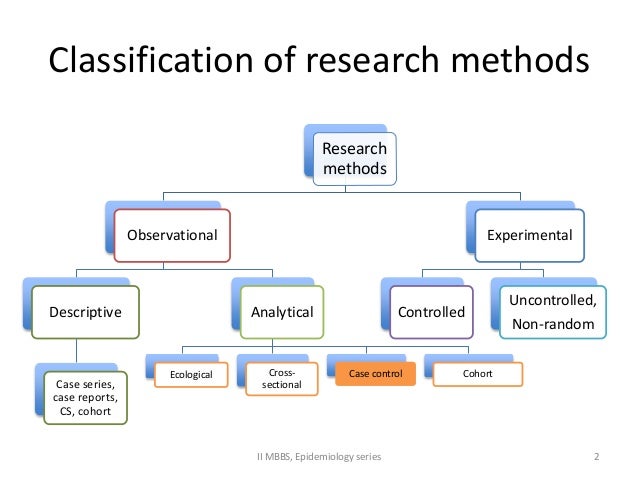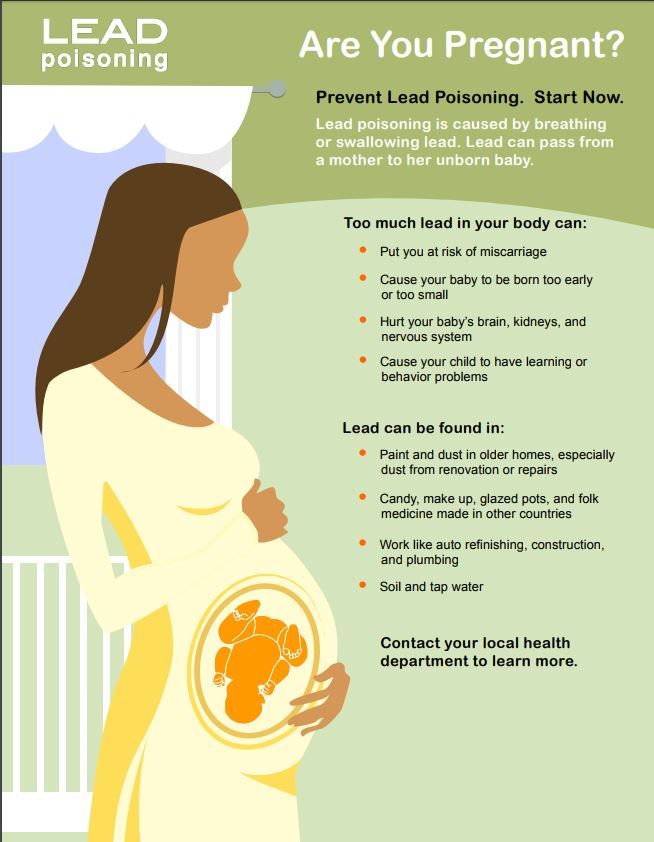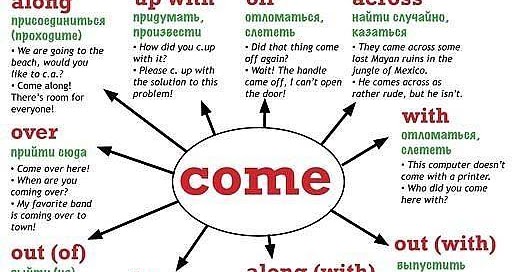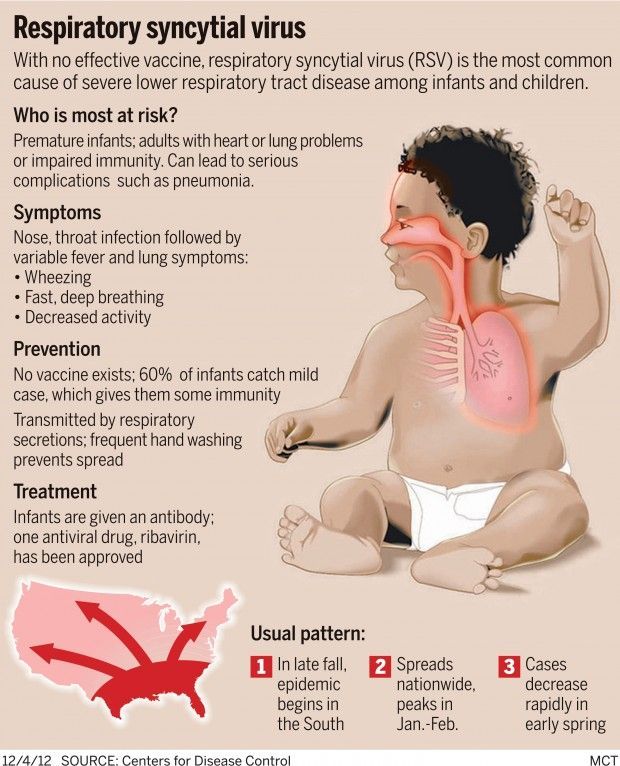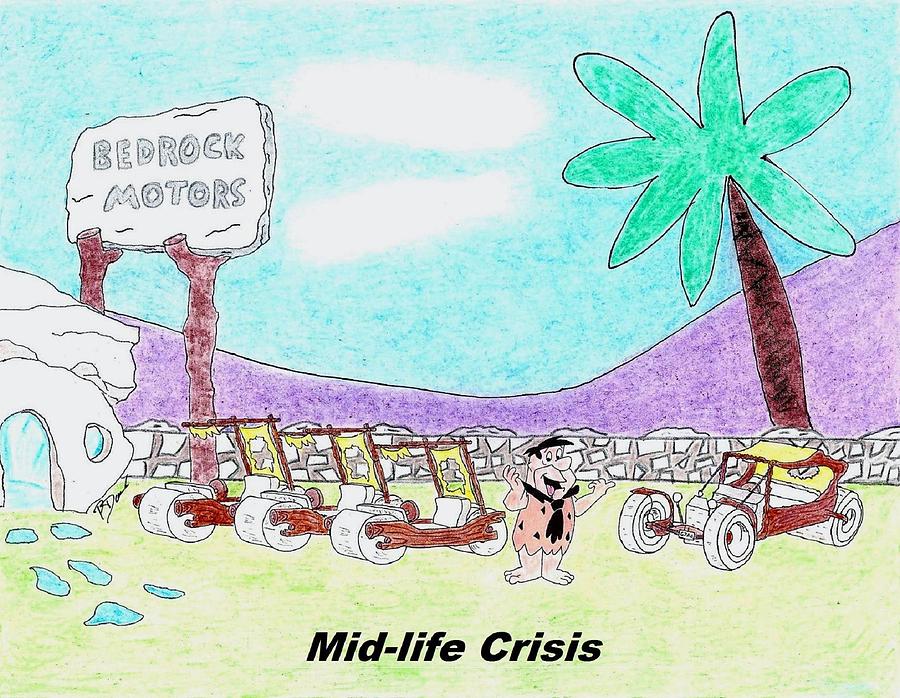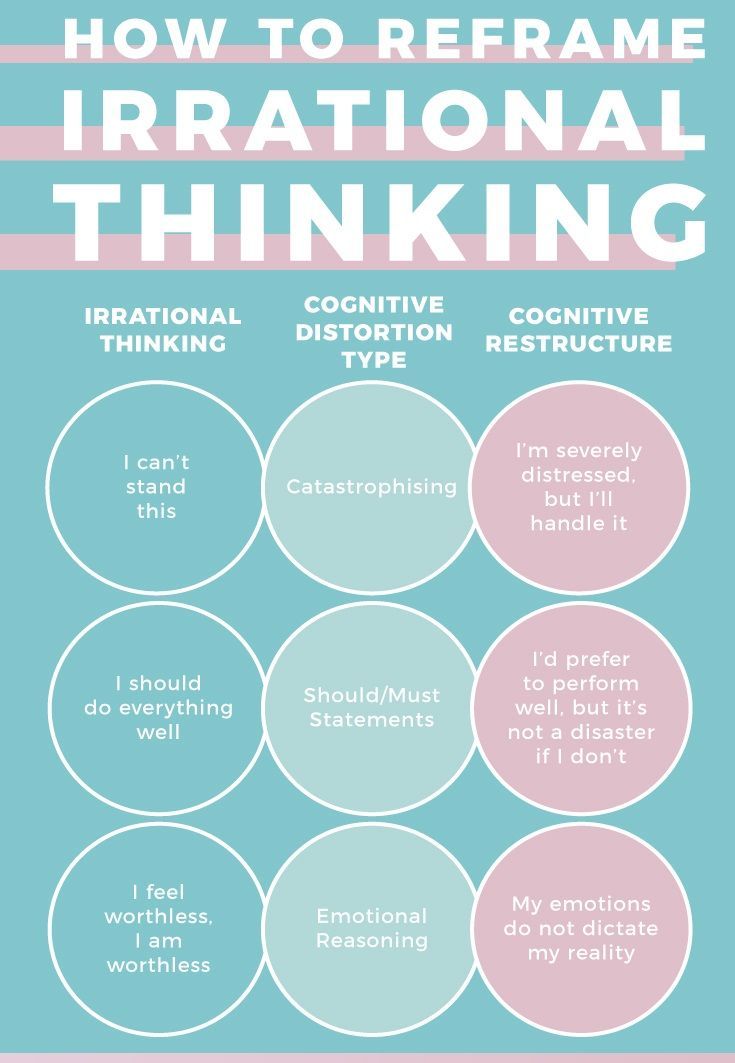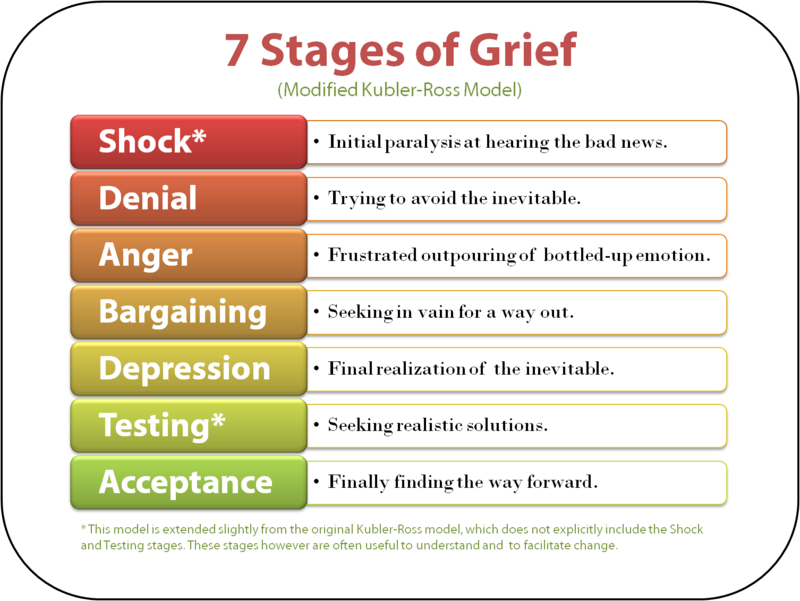Compulsive overeating quiz
Why Do You Overeat? Take Our Quiz & Find Out What Drives Your Overeating
Why do I overeat?
Do you struggle with overeating, including emotional eating, binge eating, grazing, or eating when you know you are not hungry?
In working with overeating for over a decade, we’ve identified four primary drivers of emotion-driven eating.
Take the Quiz
Take The Quiz
Knowing your main driver of emotional eating empowers you to be in charge.
Take this emotional eating quiz and find out what drives your overeating and what you can do about it.
This overeating quiz will help you understand why you overeat and provide you with some strategies for overcoming overeating and emotional eating.
It’s More Than Food
Keep in mind that our relationship with food is much more complex than can be listed in the context of this quiz. Each person’s psychology and biology are unique. But understanding the psychology behind why you overeat is a great place to start.
What you learn from taking this quiz and digging in deeper will ultimately help you not just in your relationship with food, but overall in creating a more satisfying life.
Instructions: You may identify with several options, pick the one that is most frequent or describes where you are right now.
NOTE: This is not a diagnosis.
Review Your
Quiz ScoreIf you’ve tried dieting, but find that you keep returning to old patterns, it’s a sign that something else is “driving” your behavior. This is the psychology of overeating.
There are a number of psychological and biological factors that contribute to overeating and they’re different for everyone. When these factors go unaddressed, diets are doomed to fail.
It Doesn’t Need To Control You
We all overeat and eat emotionally from time to time. Challenges arise when food becomes the go-to source for our non-food needs. Over-relying on one coping strategy gets us out of balance. Uncovering what it is that is actually driving our behavior is the first clue to making positive and meaningful changes.
Uncovering what it is that is actually driving our behavior is the first clue to making positive and meaningful changes.
Keep in mind that our relationship with food is much more complex than can be listed in the context of this quiz. Each person’s psychology and biology is unique. But understanding the psychology behind why you overeat is a great place to start.
Follow Up To The
Overeating QuizWe offer several services both individually and in group format to help people overcome the psychology of overeating and emotional eating.
Our Make Peace with Food group can help you:
- effectively handle urges and cravings
- end binge eating, compulsive eating and emotional overeating
- cope with difficult thoughts, feelings and triggers
- identify your needs and how to get them met
- increase pleasure and joy in your life (outside of food)
- practice everyday self-care and self-compassion
Learn more about the make peace with food group.
Take an Online Binge Eating Disorder Test & Screen Your Symptoms
Do I Have Binge Eating Disorder?
This binge-eating test is designed to help you identify whether compulsive eating or binge eating is a concern for you.
Take the Quiz
Take The Quiz
Do I Have Binge Eating Disorder?
Let’s get a few things straight.
Binge eating is not a problem of willpower and dieting may only make things worse.
Binge eating or compulsive eating is a complex psychological issue that can be treated. Over time, it can lead to binge eating disorder, which is a serious mental health concern.
Risk Factors
- You often experience overwhelming emotions. Feelings like anxiety, shame, or anger, especially in people who have a difficult time expressing themselves, can drive the urge to numb themselves with food.
- This disorder can accompany other mental health issues like ADHD, anxiety, or mood disorders.
 For example, depression can be both a cause and a result of binge eating.
For example, depression can be both a cause and a result of binge eating. - You often have restrictions around food and occasionally dip into the realm of deprivation.
Don’t be afraid to reflect on your relationship with food as you take the test. This is an extremely important step in your journey towards healing.
NOTE: This is not a diagnosis. It is a screening that you can show to a mental health professional.
Review Your
Quiz ScoreAs you review your results, recognize that binge eating doesn’t have to be a life sentence.
Everyone overeats some of the time.
However, if you have started to feel out of control with food, feel guilty or ashamed about your eating, and/or use food to cope, you may need additional help.
Binge Eating is Treatable!There are many emotions connected to eating. We eat to feel comforted. We eat to feel safe. Whether we do not eat enough or eat too much, these behaviors may provoke deep feelings of guilt and shame.
We eat to feel comforted. We eat to feel safe. Whether we do not eat enough or eat too much, these behaviors may provoke deep feelings of guilt and shame.
In order to change your relationship with food, you’ll need to sift through and learn how to manage the pain and hurt you’ve felt in your life. One of the hardest—yet most rewarding—parts of overcoming binge eating is learning to feel good about who you are now.
Bingeing doesn’t have to be a life sentence. Simply trying to understand why you binge eat is an important first step.
Whatever the reasons you believe you’re binge eating, know that it can be really hard to get better on your own—and that’s okay. A therapist can give you the guidance, support, and professional input you need.
Binge eating disorder can be very dangerous, but fortunately, it’s also very treatable.
Follow Up To The
Binge Eating QuizBinge eating symptoms can cause a lot of distress. When you choose to get treatment, you can recover from the disorder and learn how to have a healthy relationship with food.
When you choose to get treatment, you can recover from the disorder and learn how to have a healthy relationship with food.
- Individual therapy which may include techniques for learning to change your relationship with food, exploring your physical and emotional triggers to binge and finding alternate coping strategies.
- Dialectical behavior therapy which can help you learn to regulate your emotions and tolerate stress.
- Several medications, including antidepressants or Vyvanse, may also help to reduce the desire to binge.
- Group therapy to learn new skills and strategies to manage binge eating symptoms, gain support from others and reduce feelings of isolation, loneliness, and shame about bingeing.
Our group therapy program, “Make Peace with Food” teaches coping skills and helps participants identify underlying triggers and issues that can cause binge eating symptoms. Group therapy can also be a powerful way to connect with and learn from others in situations similar to your own and feel less alone.
Group therapy can also be a powerful way to connect with and learn from others in situations similar to your own and feel less alone.
To get started now give us a call to schedule an appointment at 832-559-2622 or schedule an appointment online.
Check Out This Blog Post
How to Overcome Binge Eating
Source: J Gormally, S Black, S Daston, D Rardin. The assessment of binge eating severity among obese persons. 7(1): Addict Behav 47-55 (1982).
Compulsive overeating test take online
Instructions: Answer 26 questions on the test. Each question has the following response options: never, rarely, sometimes, quite often, usually, or always.
1. The thought that I will gain weight scares me
Always
Usually
Quite often
Sometimes
Rarely
Never
1 of 26
Delicious, beautifully presented and fresh meals often cause overeating. Feasts, holidays, dinners for interesting conversations with friends - and we lose control, get up from the table with a full stomach. Every person faces such a situation and there is nothing to worry about.
Feasts, holidays, dinners for interesting conversations with friends - and we lose control, get up from the table with a full stomach. Every person faces such a situation and there is nothing to worry about.
But if you notice an unreasonable and uncontrolled appetite, which was preceded by emotional stress, then there is a high probability that you have a compulsive eating disorder.
A simple online overeating test will help you test yourself for a psychogenic crisis. It can be accessed on our website anonymously and free of charge. The test does not require registration, and the result will appear immediately after the completion of the survey.
Content
- Who is the test for
- Who needs to take the test
- Structure of the test
- How long does it take to pass
- Can the disease be diagnosed by the test
Who is the test for
Compulsive overeating is a psychogenic process. This is a dangerous pathological disease that affects regardless of age, gender and status, although according to statistics, women are more susceptible to this disorder.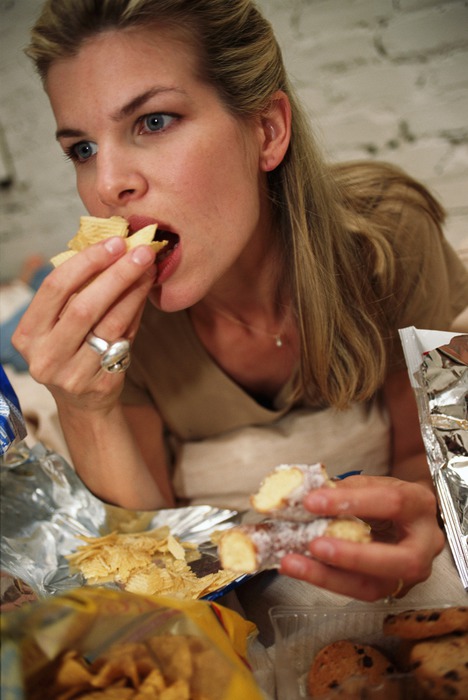
In the course of the disease, there is an uncontrolled absorption of food in large quantities in one or more sittings. A characteristic indicator is the lack of pleasure from food and the feeling of hunger after dinner.
Who needs to take the test
This test is worth taking for people who are overweight, people in an oppressed camp and those who are experiencing an emotional upheaval.
Illness appears as a result of emotional drama experienced. Not finding emotional comfort, a person tries to seize trouble. At the same time, he is not able to control his appetite and considers himself absolutely healthy. The only visible sign that a person is experiencing psychogenic stress and “treats” it with overeating is being overweight. This in turn leads to depression. And depression is more often diagnosed in people who are unhappy with their shape and weight.
The disease can appear for various reasons:
- The body does not receive enough nutrients.
 This happens if there is a lot of low-calorie food that is poor in vitamins and minerals.
This happens if there is a lot of low-calorie food that is poor in vitamins and minerals. - Permanent restrictions, which often lead to a breakdown in nutrition. The question in the overeating test is designed to identify changes in your diet that are invisible to you.
- Depressive states and emotional situations. It can be both the loss of a loved one, and failures at work.
- Failure of the hypothalamus, which is responsible for appetite.
If at least one of these indicators is present in your life, you should take this test. The question of the online test is designed to determine whether you have a tendency to overeat.
Test structure
Your task is to answer a few simple questions. You do not have to prescribe anything, just click on the already prepared answer. Everything happens online. The free online test is based on questions that most accurately describe the main symptoms of compulsive overeating:
- Even a large amount of food you eat quickly.

- Hiding or leaving food in strange places.
- You overeat even when you don't feel hungry.
- Eating alone.
- Often there is a feeling of guilt because of a large or excess portion.
- Started causeless fatigue, dissatisfaction with appearance, decreased libido.
Don't get distracted when giving answers. It is better to take the test alone and in a calm atmosphere.
How long will it take to complete
The whole work will take you a few minutes. The site will automatically calculate your marks. The result will appear immediately after the completion of testing. You will receive short and to the point information about whether you are currently experiencing a psychogenic eating disorder crisis.
Is it possible to diagnose the disease according to the test
This test for overeating is not able to diagnose a compulsive psychogenic illness. Only a doctor can confirm such a disease. But this survey will help you understand that there are hidden or visible problems and there is a good reason to seek help from a specialist.
Compulsive Overeating Test
What is binge eating?
The term compulsive comes from the Latin word compello - I force. Compulsive transmission - obsessive, paroxysmal craving for food, inability to stop eating excess food.
Compulsive overeating can be perceived as unpleasant and painful, but contrary to their feelings, contrary to their will and reason, a person suffering from this disorder will continue to overeat.
Loss of control over the amount of food consumed is one of the main signs of food compulsions. Attempts to control one's eating behavior fail at all or succeed only for a short time, then leading to an increase in the amount of food consumed or to more frequent bouts of overeating.
On average, an ordinary person needs 1200 - 2500 kcal per day, depending on the load and individual characteristics. A person who is characterized by compulsive overeating can consume 15,000 to 20,000 calories of food during an attack, i. e. almost 10 times more.
Naturally, such an excess consumption of calories affects the appearance and health in the most devastating way. Compulsively overeating people are overweight or obese, which in turn is a risk factor for diseases such as type II diabetes, vascular hypertension, high blood cholesterol, cardiovascular problems, etc.
Compulsively overeating people also lose self-esteem, they feel ashamed of their behavior and the inability to control it. Unpleasant emotions and the consequences of overeating, in turn, lead to avoidance of contact with people, disruption of relationships with loved ones.
Compulsive overeating is also called emotional overeating or food drinking because of the similarity in the behaviors and developmental mechanisms of an eating disorder and alcoholism.
Compare for yourself:
• Just like alcoholics, binge eaters cannot stop eating if they see a set table, favorite dishes and foods, even if they are not hungry;
• Binge eating attacks occur in response to any emotional discomfort.


